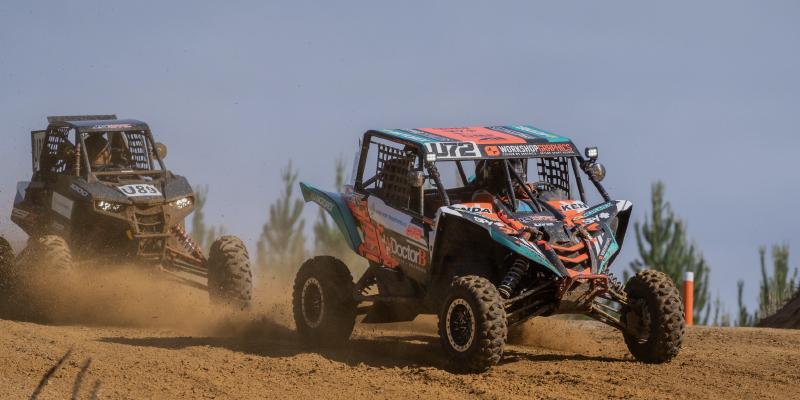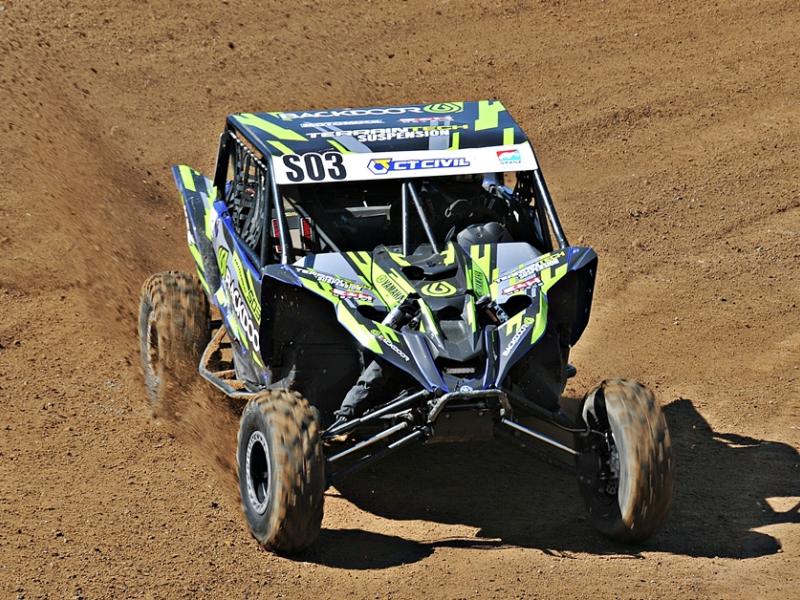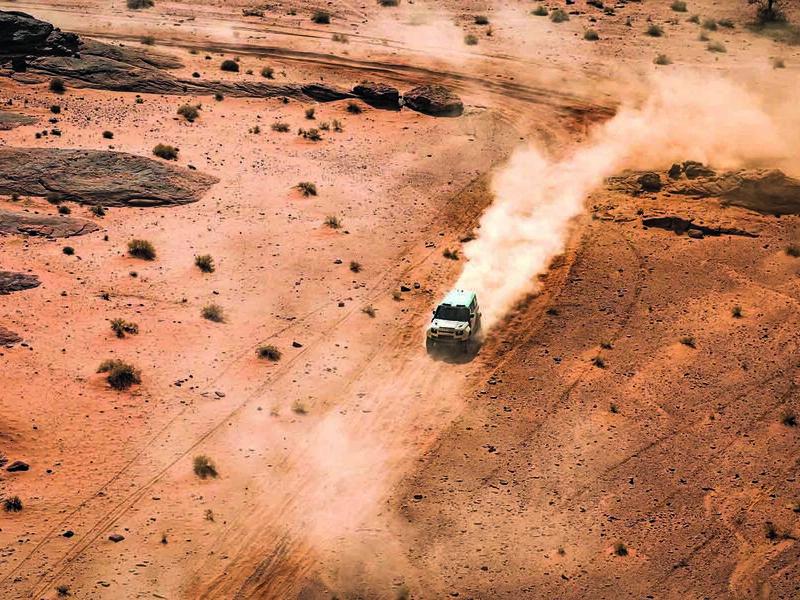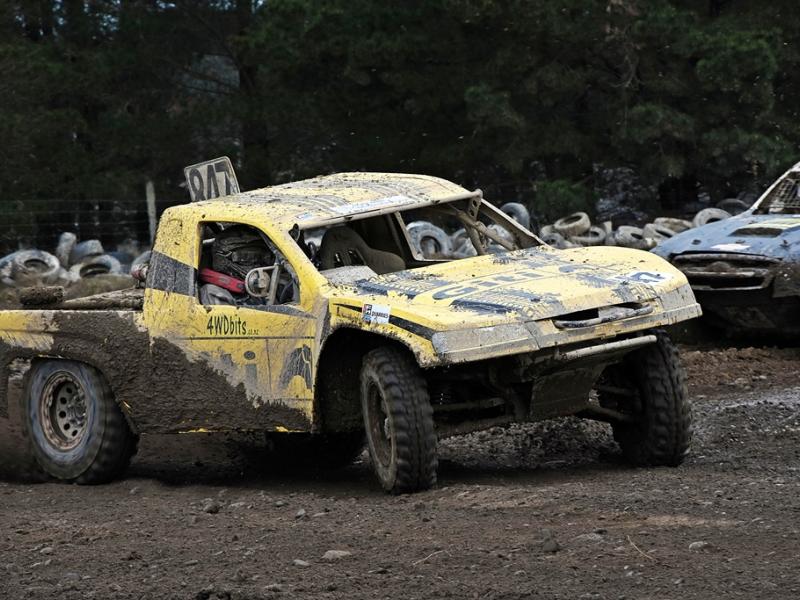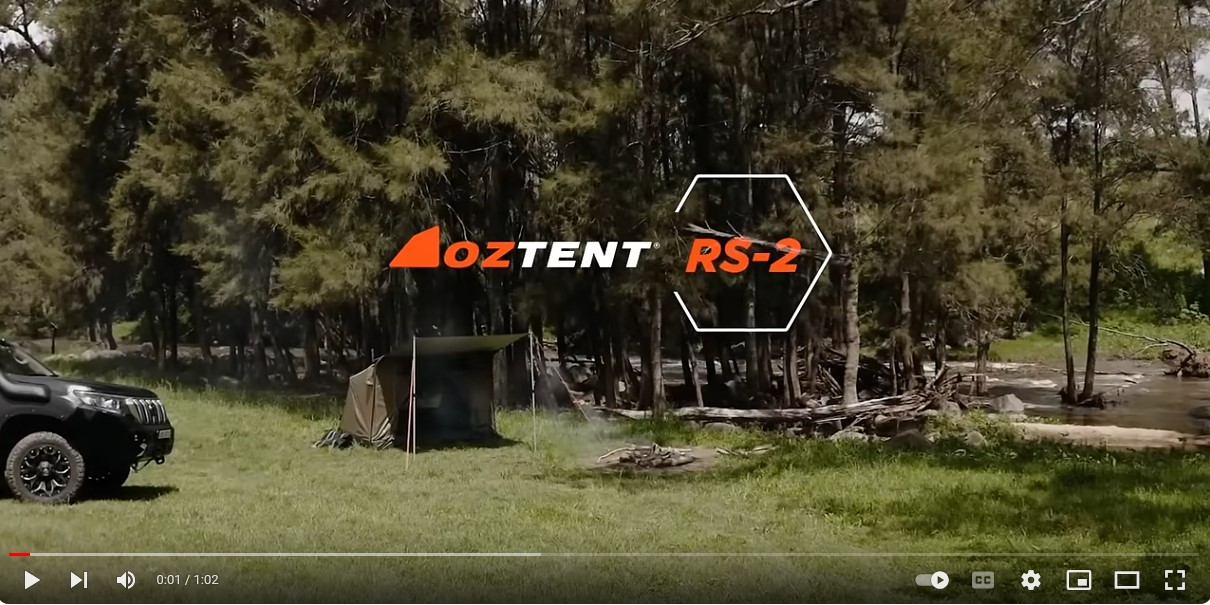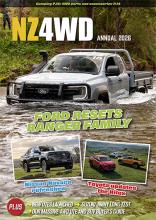The long shadow of Covid-19 stopped New Zealand off-road racing in its tracks last year. Clubs cancelled events, drivers cancelled vehicle builds, uncertainty reigned.
Without access to funds that have helped MotorSport New Zealand-affiliated clubs and events recover from lockdown offroad racing’s recovery is taking measurably longer.
Grids at events are reduced, volunteer support is down, one club has had to hand off a round of the national championship to a club able to run at a different venue, and some non-championship events have simply not gone ahead.
Weather has also upset event plans. The endurance championship at Nelson had to be cancelled when a massive storm doubled the height of streams that cross the course, and other events have run in abysmal conditions that have dissuaded drivers from racing.
The Woodhill 100 was to have run as a stand-alone race this year but lost its traditional Queen’s Birthday Weekend date in confused circumstances and instead has run two months later but been stepped back up to championship status.
The Good News starts here!
The good news in this environment has been at the start of the year, where the stadium championship on the new track at Manukau drew a cumulative total of almost 130 entries across its two dates even though the second round was delayed by a partial Covid lockdown of Auckland.
Without doubt the best developed track in New Zealand, it has a sealed car park capable of holding upwards of 800 spectator cars, massive underground stormwater drain network, and terraformed spectator viewing sites offering full-track viewing. For its inaugural championship event, it was also blessed with two fine-weather weekends.
The organisers of the stadium championship event have since announced that they will resurrect the New Zealand Offroad Grand Prix – which last ran in the late 1980s – as a one-weekend event in November. There are further plans in place to run an international stadium series once borders re-open, and several US and Australian teams have expressed strong interest in making the trip downunder.
Southern titles run and won
The southern championship – three rounds, two held at West Melton near Christchurch and one in forest near Nelson – have been run and won, with Nelson’s Dan Fisher taking the outright southern title driving a Chev LS-engined Razorback race car.
The northern championship has only completed one round, held at the TECT Park near Tauranga. drivers have maximum points: Brendon Old (class three for cars up to 1.6-litres); Rob Cresswell (class four for sport utes and 4WDs); Bradley Scott (class five for cars up to 1.3-litres); Brooklyn Horan (class seven for cars with 1.2 litre VW engines for 1.0-litre Toyota ‘waterpumpers’); and Matthew Bishop (Challenger class for cars with 1.6-litre VW engines).
The youth Kiwitruck classes attract massive grids in the north; not so much in the south where Riley Parkes won J class and Kadin Thomason won M class. In the northern championship after one of three rounds Asher Morgan leads J class; Kenna Baker leads M class and Holly Russell leads ST1 class.
The north’s remaining point-bearing rounds will be the Woodhill and TECT Park.
Plans for national final well advanced
Meanwhile, plans for the final round of the national championship are well progressed. Hosted by the Otago club, it will run over two days on Slim Slee’s massive farm at Kurow in the South Island’s Waitaki Valley.
There is an ongoing question of class in the sport – the traditional classes that once attracted grids of ten or more cars are now struggling to field entries that will fill the post-event podiums. Challenger, class four, class five, class seven are all suffering, while the sport has responded to depleting fields in class two (production) and class six (for former winch challenge trucks) and reshuffled the truck and 4WD classes into just class four (modified smaller-engined ‘chassis’ trucks) and class eight (unlimited-class trucks, both RWD and 4WD). The Challengers and class seven cars have traditionally been regarded as entry-level, but the scarcity of VW Beetle transmission and suspension parts is now pushing these cars up toward that of a class three car. Competitive class three cars are essentially a class one design with a four cylinder 1.6-litre engine capacity limit: with imported American cars now dominating.
Where the growth is…
The UTV classes, U and S, remain strongly supported in both islands; there are hints that the current three brands of UTV may be joined by others in the near future. The speed of these small 4WD racer cars does come at a price – a winning Can Am, Polaris or Yamaha can top $80,000 though midfield cars are half that. The UTVs are all built locally from new vehicles and offer the convenience of off-the-shelf parts availability.
The ‘big banger’ classes, meanwhile, are in robust health, with strong grids at every event. In both class one for offroad race cars and class 8 for the big trucks, V8 engines are strongly dominant and the ubiquitous Chev LS is the weapon of choice. Strong, powerful and backed by the Chevrolet performance development programme, the LS adapts well to off-road racing and offers very affordable power.
There are numerous new driver-car combinations looming, some involving race trucks imported from overseas. Build costs for local cars with race-winning potential can top $150,000.
Joel Giddy has imported an American Pro4 truck; Aucklander Leigh Bishop has been running a class eight truck. Both have stepped into their trucks from competitive UTVs. Hawke’s Bay driver Shayne Huxtable is developing the self-built race truck he first brought out to win the class at the opening round of the 2020 championship. There are also two or more race trucks currently on the water from the USA – a ProLite rear wheel drive truck like that of defending class 8 championship winner Nick Hall and a Pro 2 rear-wheel-drive.
Name rings a bell!
Rally driver Andrew Hawkeswood has powered his new truck into the class 8 lead up north. He has dabbled in offroad racing several times, briefly running a truck at Woodhill and later sharing Neville Smith’s Cougar Honda Turbo at a Taupo 1000.
In Christchurch, Mark Brown has been steadily developing his class one single-seater, another import from the US of A. While Nevil Basalaj’s Chev V6 engined Jimco, a former championship-winner, has been sold and will reappear in new hands for 2022.
The dates and venues for the 2022 national championship will be confirmed at the Offroad racing Association of New Zealand’s annual general meeting in November.
Story by Mark Baker.
Photos by Darren Stanley and Mark Baker.


